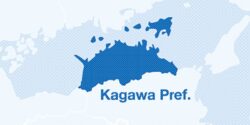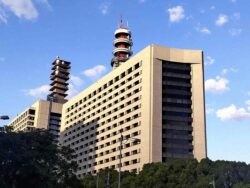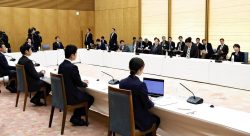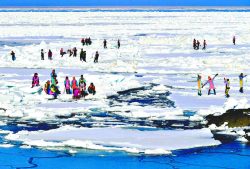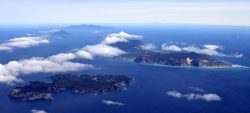NTT Docomo-led Consortium Wins Bid to Run National Stadium; Privatization Could Mean Naming Rights, More Events
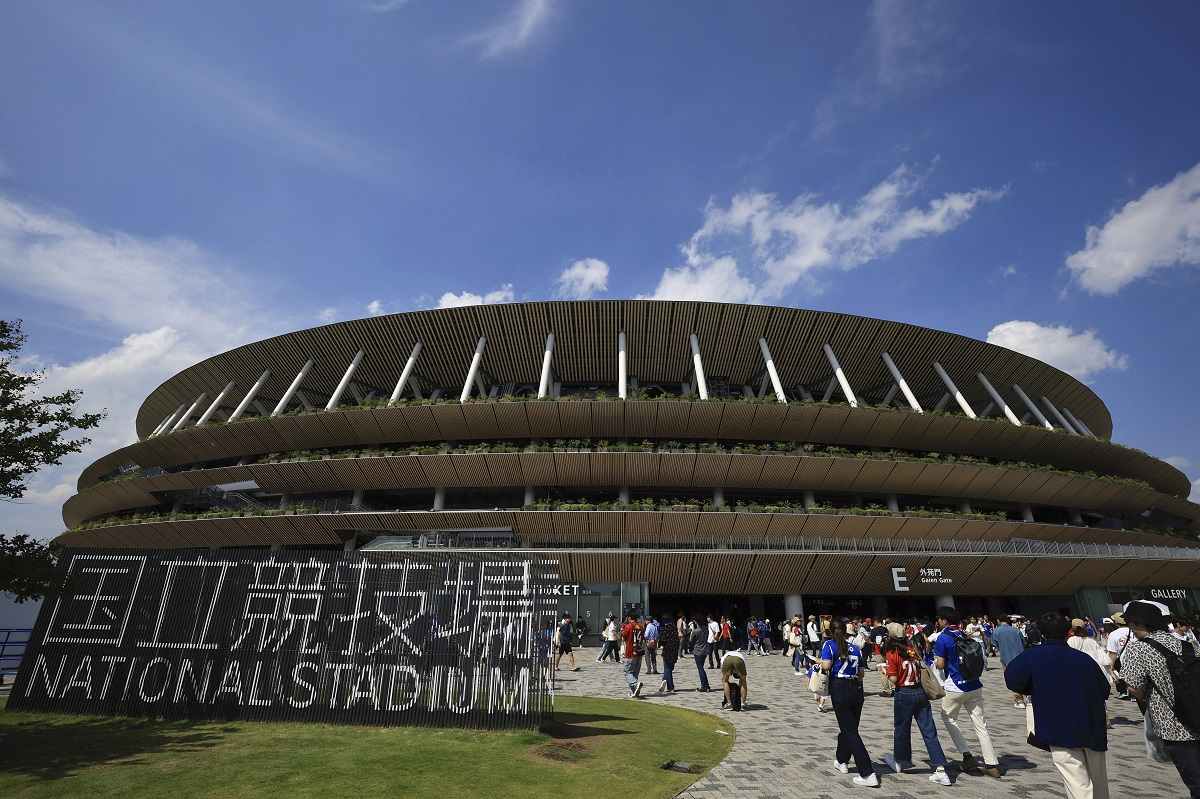
The National Stadium
20:00 JST, June 3, 2024
The Japan Sport Council (JSC) said Monday it selected a consortium led by NTT Docomo, Inc. for preferential negotiation rights to operate the Japan National Stadium from fiscal 2025.
The central government intends to sell to the private sector the rights to operate the stadium for 30 years. The stadium in Shinjuku Ward, Tokyo, served as the main venue for the Tokyo Olympic and Paralympic Games in 2021.
Since the consortium has proposed paying ¥52.8 billion for the rights, the government’s financial burden for the stadium is expected to be significantly reduced. The three other members of the consortium are the Japan Professional Football League (J.League), general contractor Maeda Corp., and SMFL Mirai Partners Co.
Currently, the stadium is managed by the JSC. Expenditures to operate the stadium, including maintenance and management fees, come to about ¥1.7 billion in fiscal 2022 when the stadium began full-scale operations. Income was about ¥900 million that year. The stadium is expected to lose ¥1 billion a year in fiscal 2023 and 2024.
In December 2022, the government announced its policy of covering maintenance and management costs for up to about ¥1 billion a year as part of privatization efforts, and the council began publicly soliciting private-sector entities to take over the operation of the facility in July last year.
Three entities submitted proposals, which were then studied by an expert panel.
The council said the consortium led by NTT Docomo was chosen in recognition of its proposal, which would significantly reduce public expenses. The proposal was also highly regarded for its “ambitious content that will open up new possibilities for the outdoor stadium’s businesses.”
The consortium plans to make the stadium more profitable by introducing naming rights and increasing the number of events, including soccer and other sports tournaments.
NTT Docomo hopes to use the Innovative Optical and Wireless Network, its next-generation communications infrastructure that uses optical technology, in running the stadium, and plans to make it possible to hold concerts and other large-scale events by making full use of cutting-edge communications technology.
The consortium will also begin developing digital technology to reduce unwanted sound since the stadium has an open roof.
NTT Docomo and the other three parties plan to sign a formal contract as early as September and take over the relevant businesses of the council in April next year.
The national government will continue to own the stadium. It will also continue to pay land rental fees of about ¥1.1 billion per year to the Tokyo metropolitan government and other entities, and bear the cost of major repairs, estimated at about ¥65 billion over 50 years.
The stadium was completed in November 2019 at a cost of about ¥156.9 billion. Privatization has been pushed back in part due to the one-year delay in the Tokyo Games.
Top Articles in Society
-

Producer Behind Pop Group XG Arrested for Cocaine Possession
-

Man Infected with Measles Reportedly Dined at Restaurant in Tokyo Station
-

Man Infected with Measles May Have Come in Contact with Many People in Tokyo, Went to Store, Restaurant Around When Symptoms Emerged
-

Woman with Measles Visited Hospital in Tokyo Multiple Times Before Being Diagnosed with Disease
-

Australian Woman Dies After Mishap on Ski Lift in Nagano Prefecture
JN ACCESS RANKING
-

Producer Behind Pop Group XG Arrested for Cocaine Possession
-

Japan PM Takaichi’s Cabinet Resigns en Masse
-

Man Infected with Measles Reportedly Dined at Restaurant in Tokyo Station
-

Israeli Ambassador to Japan Speaks about Japan’s Role in the Reconstruction of Gaza
-

Videos Plagiarized, Reposted with False Subtitles Claiming ‘Ryukyu Belongs to China’; Anti-China False Information Also Posted in Japan


